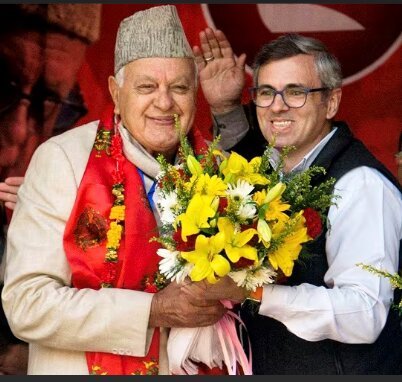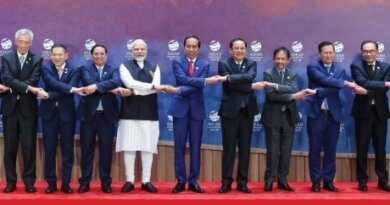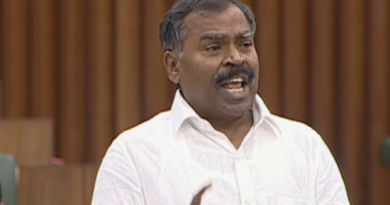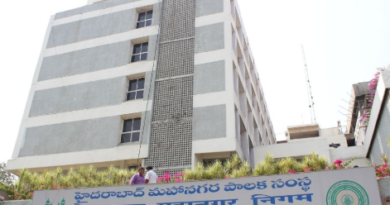NC Sweeps 3 Seats in J&K Rajya Sabha Polls

In a significant political development, the Jammu & Kashmir Rajya Sabha elections concluded with the National Conference (NC) securing three out of four seats, while the Bharatiya Janata Party (BJP) managed to win one. The elections were held on October 24, marking the first such contest in the region since the abrogation of Article 370.
The polling took place at the Srinagar Legislative Assembly complex, with 86 out of 88 MLAs casting their votes. Detained MLA Mehraj Malik participated via postal ballot, ensuring near-total turnout.
NC candidates Choudhary Mohammad Ramzan, Sajjad Ahmad Kichloo, and Gurwinder Singh Oberoi emerged victorious with strong margins. Their success was backed by a coalition of Congress, PDP, CPI(M), AIP, and six Independent MLAs.
BJP’s Sat Paul Sharma secured the fourth seat, defeating NC’s nominee in a tightly contested race. His win was attributed to strategic cross-voting and internal shifts within the opposition bloc.
This election was conducted under three separate notifications by the Election Commission of India. Two seats were contested individually, while the remaining two were clubbed together, adding complexity to the voting process.
The NC’s performance is seen as a reaffirmation of its regional influence, especially in the Kashmir Valley. Party leader Omar Abdullah expressed satisfaction but also raised concerns over cross-voting that benefited the BJP.
Political analysts believe the results reflect a fragmented but evolving landscape in Jammu & Kashmir. The NC’s alliance strategy proved effective, while the BJP’s foothold in Jammu continues to yield results.
The Rajya Sabha outcome may influence future legislative decisions, especially on matters related to statehood, governance, and regional autonomy. It also sets the tone for upcoming Assembly and Lok Sabha elections.
Public reaction in Srinagar and Jammu has been mixed. NC supporters celebrated the win as a mandate for regional representation, while BJP cadres highlighted their strategic victory despite numerical disadvantages.
Security arrangements during the polling were tight, with no reported incidents. The peaceful conduct of the election was appreciated by civil society and election observers.
The newly elected members are expected to raise issues related to development, security, and constitutional rights in the Upper House. Their presence may alter the tone of debates on Jammu & Kashmir in national forums.
This election also marks a shift in political engagement post-Article 370. Voter participation among MLAs and coalition dynamics indicate a renewed interest in legislative processes.
The NC’s decision to field experienced candidates paid off, while the BJP’s choice of Sat Paul Sharma reflected its focus on consolidating support in Jammu.
The role of Independents and smaller parties was crucial. Their votes tipped the balance in favor of NC in key contests, showcasing the importance of coalition building.
The Rajya Sabha results have sparked discussions on future alliances. Both NC and BJP are expected to recalibrate their strategies ahead of the next electoral cycle.
For now, the NC’s triple win stands as a strong statement of regional assertion, while the BJP’s single seat win demonstrates its resilience and tactical depth.



